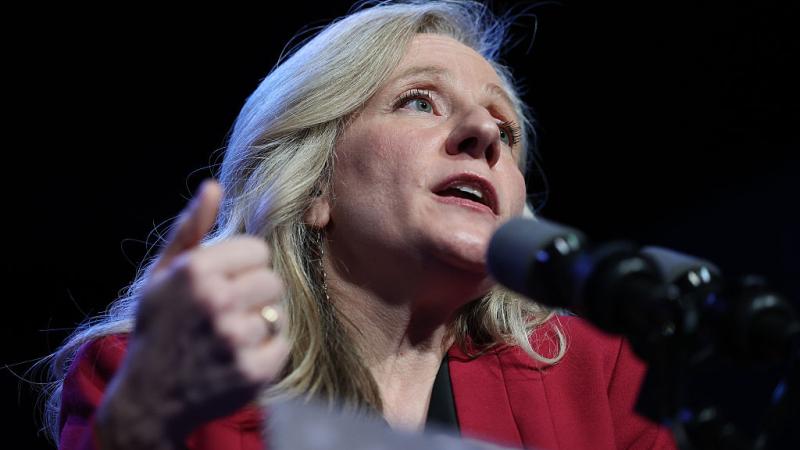Indiana amendment barring abortion for rape, incest fails
Republican senators arguing for the amendment generally spoke passionately about their personal convictions and stressed a pregnancy involves two lives, mother and child
After an emotional 90-minute debate, Indiana senators defeated an amendment to Senate Bill 1 that would have barred abortion even in cases of rape or incest.
The amendment, offered by Sen. Mike Young, R-Indianapolis, failed 28-18 with four senators not voting, revealing differences within the Republican caucus on the limits of abortion.
Republican senators arguing for the amendment generally spoke passionately about their personal convictions and stressed a pregnancy involves two lives, mother and child.
Sen. Blake Doriot, R-New Paris, said he was voting his conscience and urged other senators to do the same.
Sen. Jim Tomes, R-Wadesville, recalled being labeled a “baby killer” upon returning from military service in Vietnam and stated he was not one then and would not become one now.
Sen. Mike Gaskill, R-Pendleton, spoke passionately his Christian faith and said he would not violate his conscience, even it cost him reelection.
Republican senators against the motion stressed women who have been victimized by rape or incest should not be forced to carry any resulting pregnancy to term.
Sen. Sue Glick, R-LaGrange, author of the original bill, which would ban most abortions but allow exceptions for rape, incest, protection of the mother’s life and fatal fetal defects, also opposed the amendment, stressing the need to protect women.
Sen. Kyle Walker, R-Lawrence, expressed disbelief the amendment had been offered and strongly opposed it.
Sen. Philip Boots, R-Crawfordsville, offered a biblical rationale for opposing the amendment, arguing the taking of an unborn life is sometimes justified. Boots also argued not allowing rape victims a choice concerning abortion would force them to deal with the matter in secret, potentially robbing them of support and resulting in more abortions
Among Democrats, all speakers opposed the amendment, though Sen. Greg Taylor, D-Indianapolis, identified himself as strongly pro-life. He argued the choice to have an abortion should nevertheless be left to the pregnant woman.
Sen. Shelly Yoder, D-Bloomington, questioned the seeming inconsistency of the amendment in allowing an abortion to save the life of the mother but not in other cases. Young answered that objection saying that the life-of-the-mother exception amounted to self-defense, which is allowed under law.
Sen. J.D. Ford, D-Carmel, noted many of his constituents are Jewish and referenced a Jewish teaching that considers a fetus “potential life,” which should never be placed ahead of the mother’s life.
Sen. Fady Qaddoura, D-Indianapolis, argued religion should not be a consideration in lawmaking in a pluralistic society.
Republican senators opposing the amendment were Ron Alting, Lafayette; Scott Baldwin, Noblesville; Vaneta Becker, Evansville; Mike Bohacek, Michiana Shores; Phil Boots, Crawfordsville; Rodric Bray, Martinsville; Justin Busch, Fort Wayne; Ed Charbonneau, Valparaiso; Mike Crider, Greenfield; Jon Ford, Terre Haute; Aaron Freeman, Indianapolis; Chris Garten, Charlestown; Sue Glick, LaGrange; Travis Holdman, Markle; Jean Leising, Oldenburg; Mark Messmer, Jasper; Greg Walker, Columbus; Kyle Walker, Lawrence.
Senators not voting were Republicans Philip Boots, Crawfordsville; Ryan Mishler, Bremen; Chip Perfect, Lawrenceburg; and Democrat Lonnie Randolph, East Chicago.
In all, 62 amendments were offered for SB 1, only one of which passed. Amendment 20, offered by Sen. Liz Brown, R-Fort Wayne, added the stipulation an affidavit presented to a physician by a woman seeking abortion for rape or incest must be notarized.













